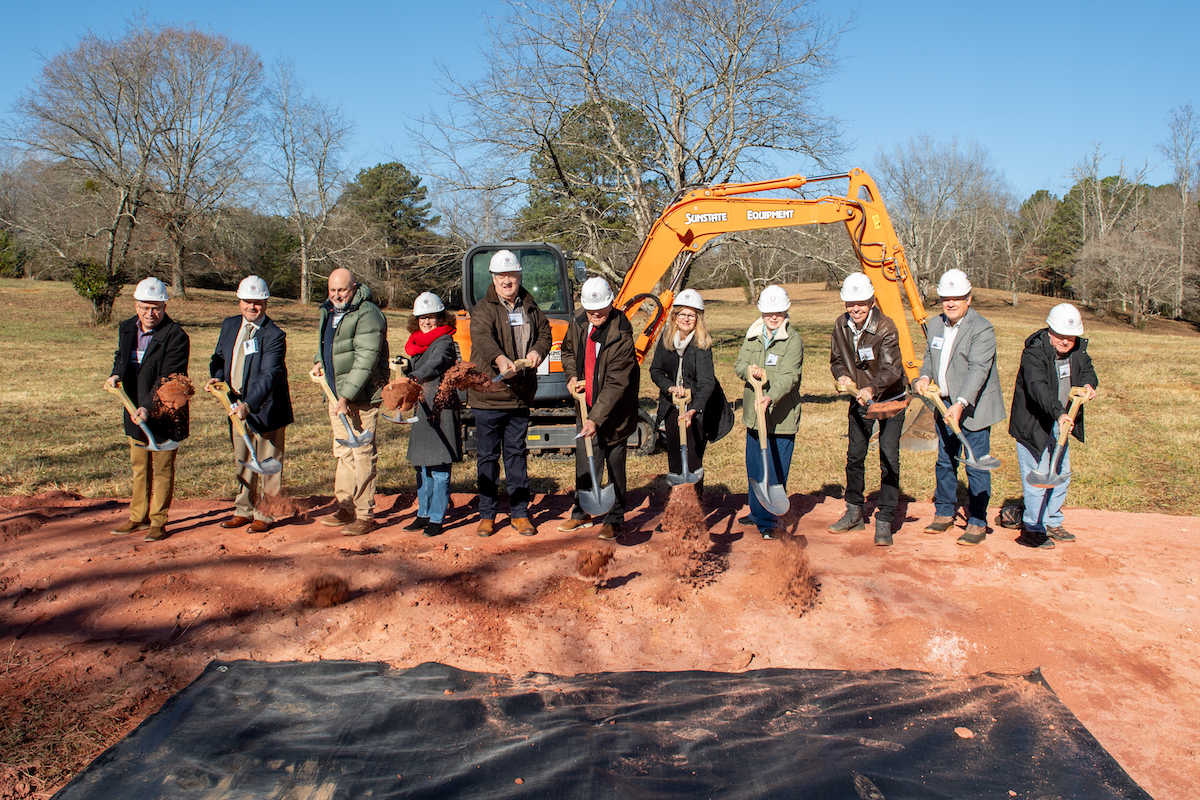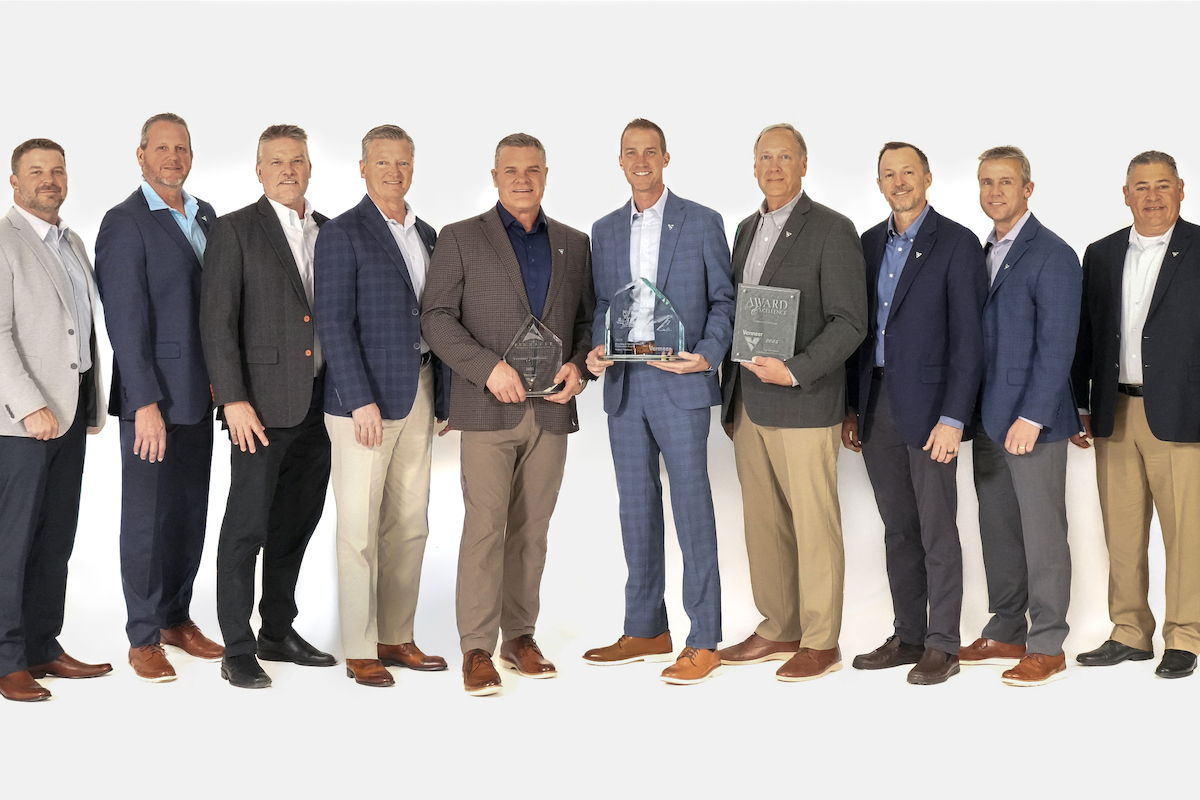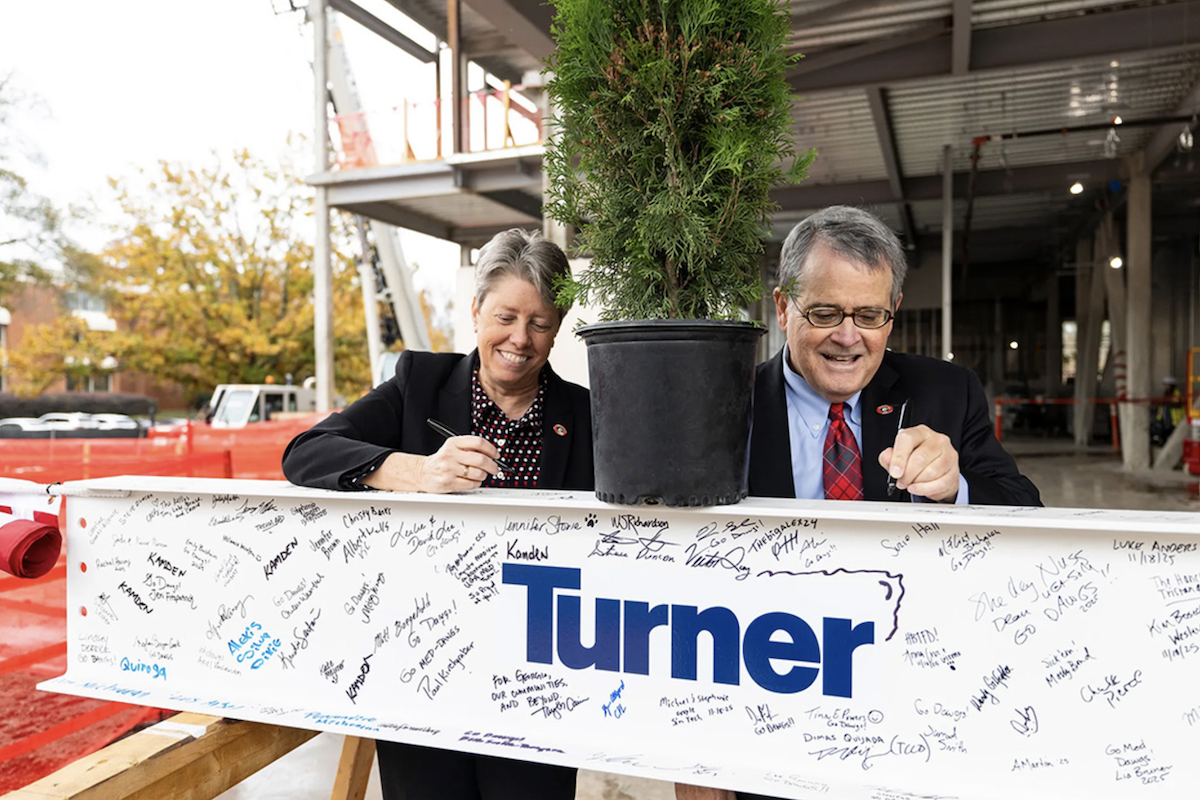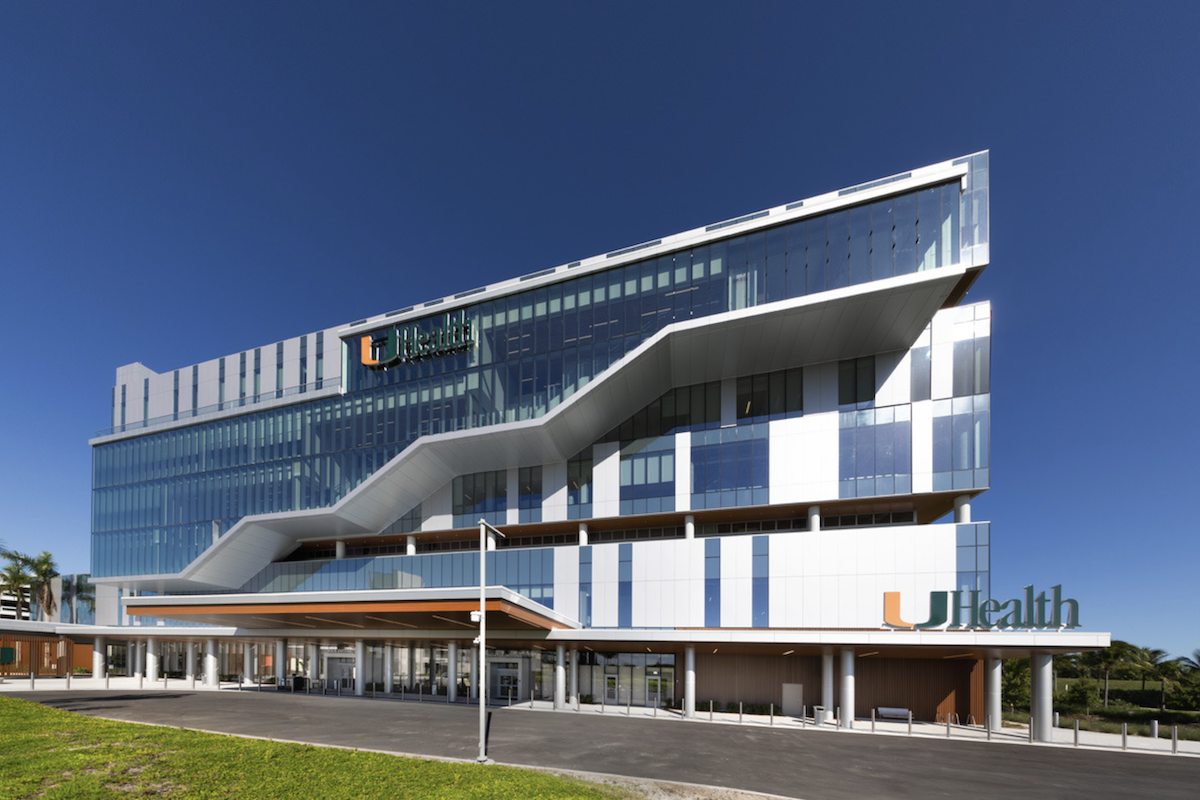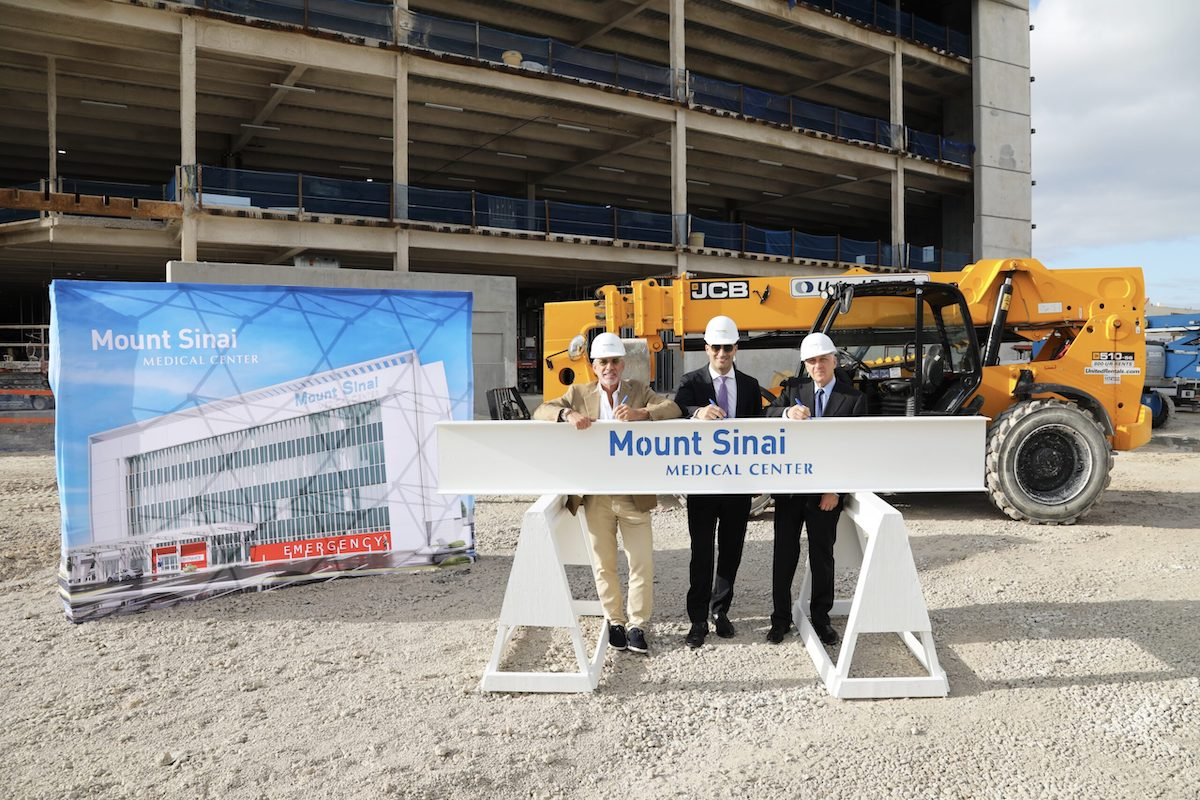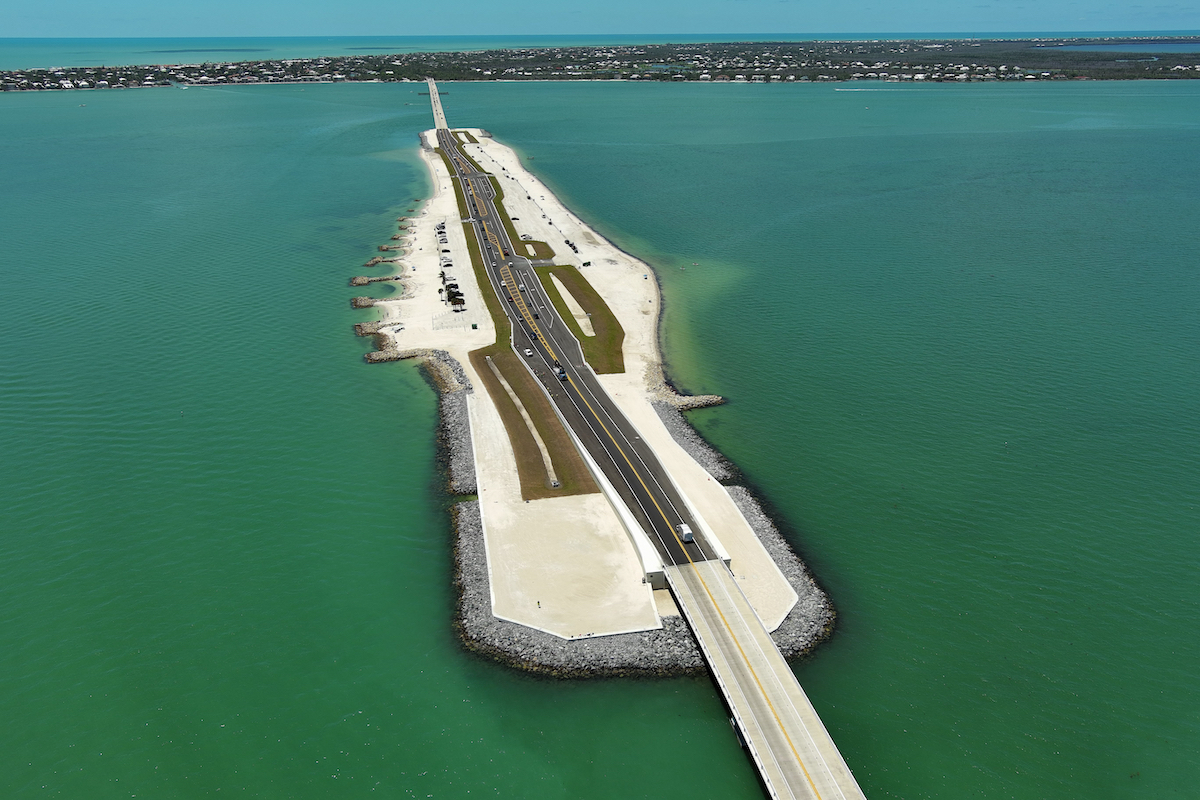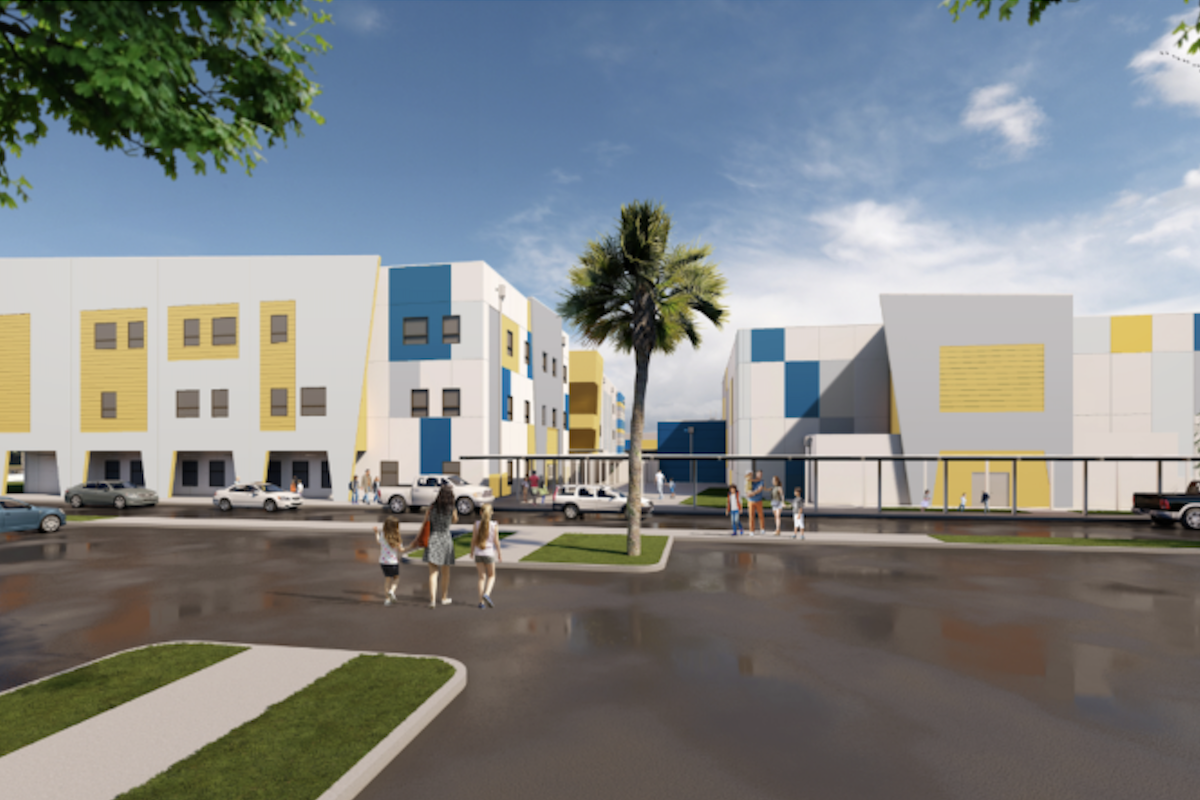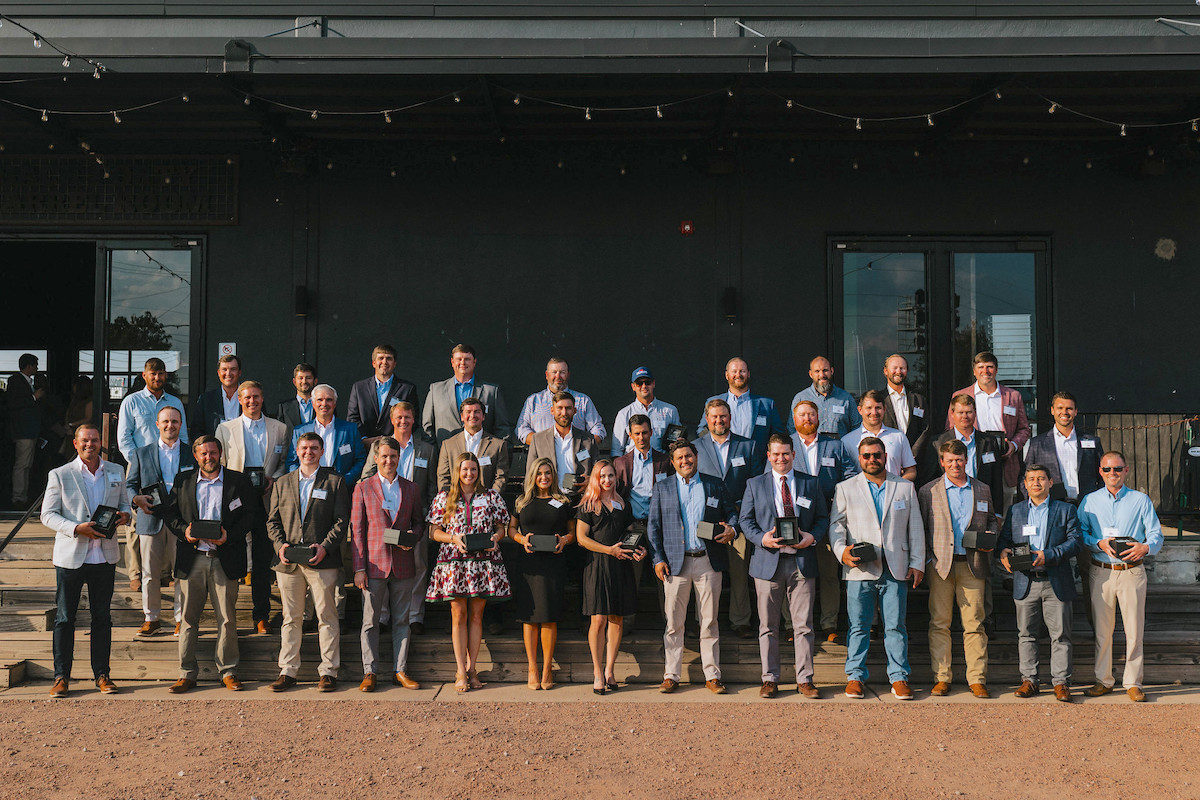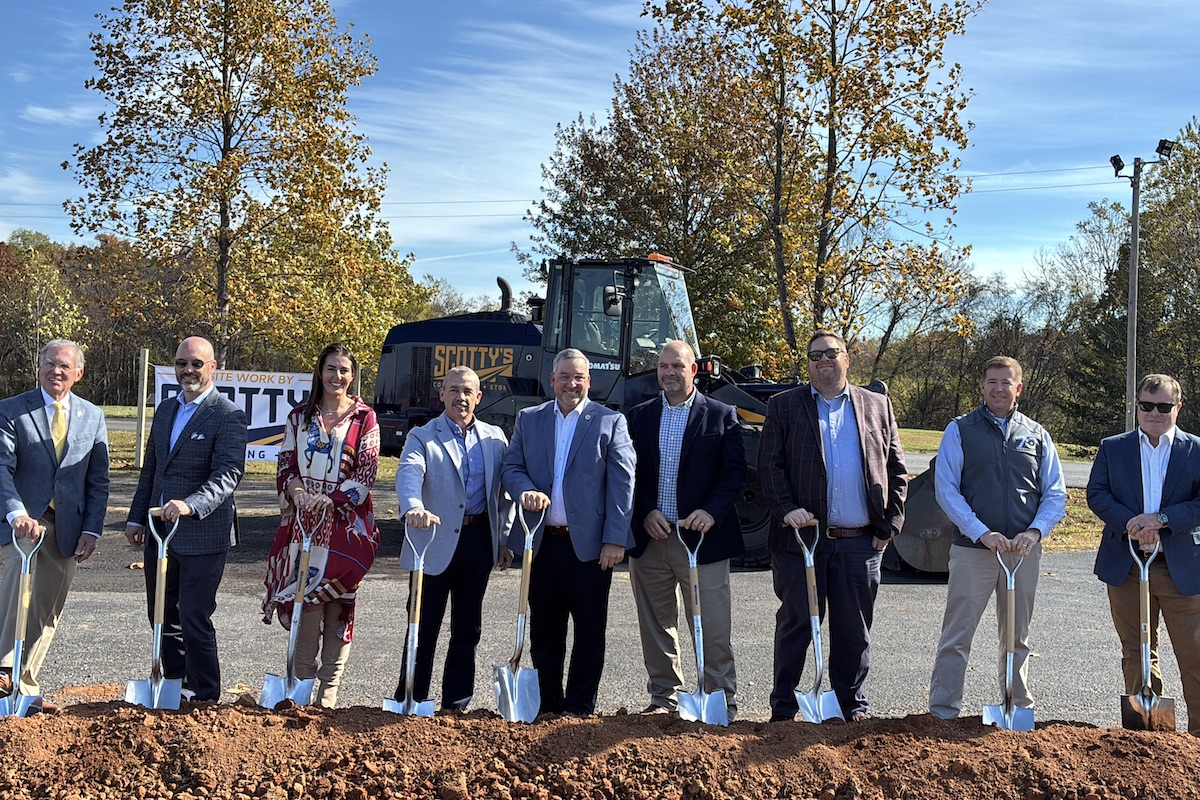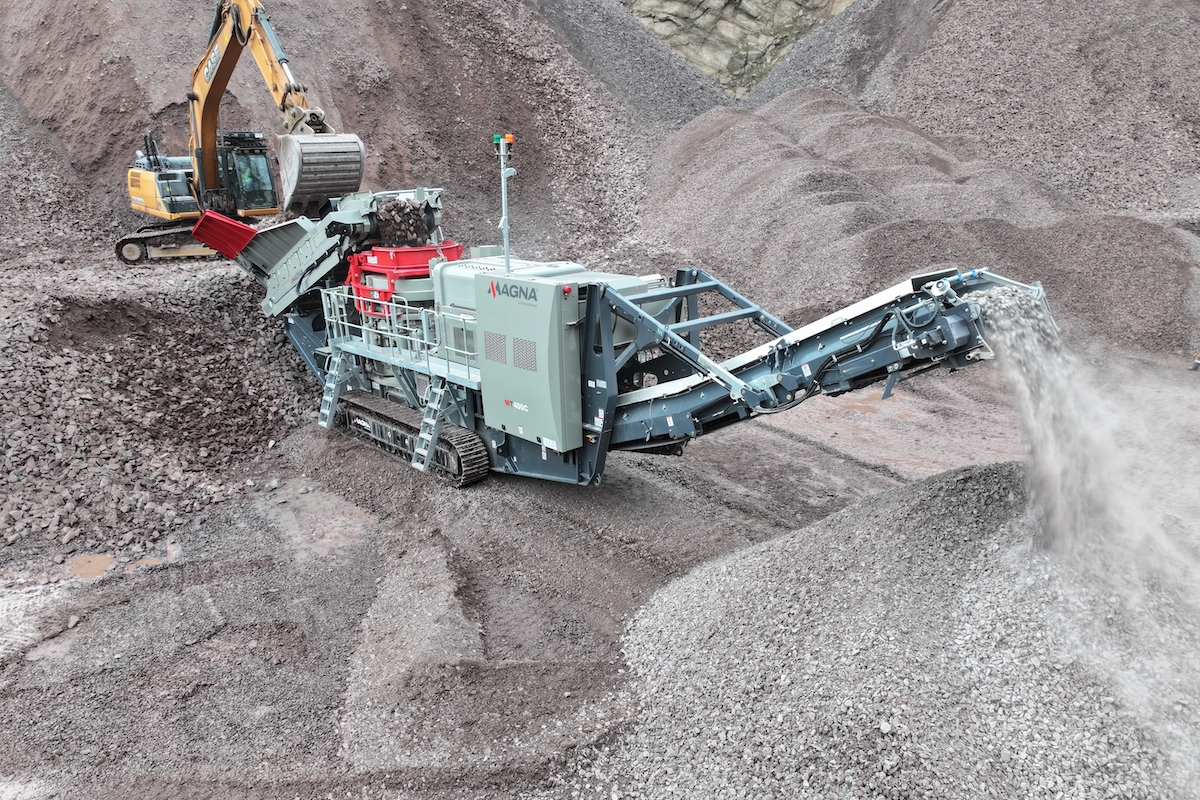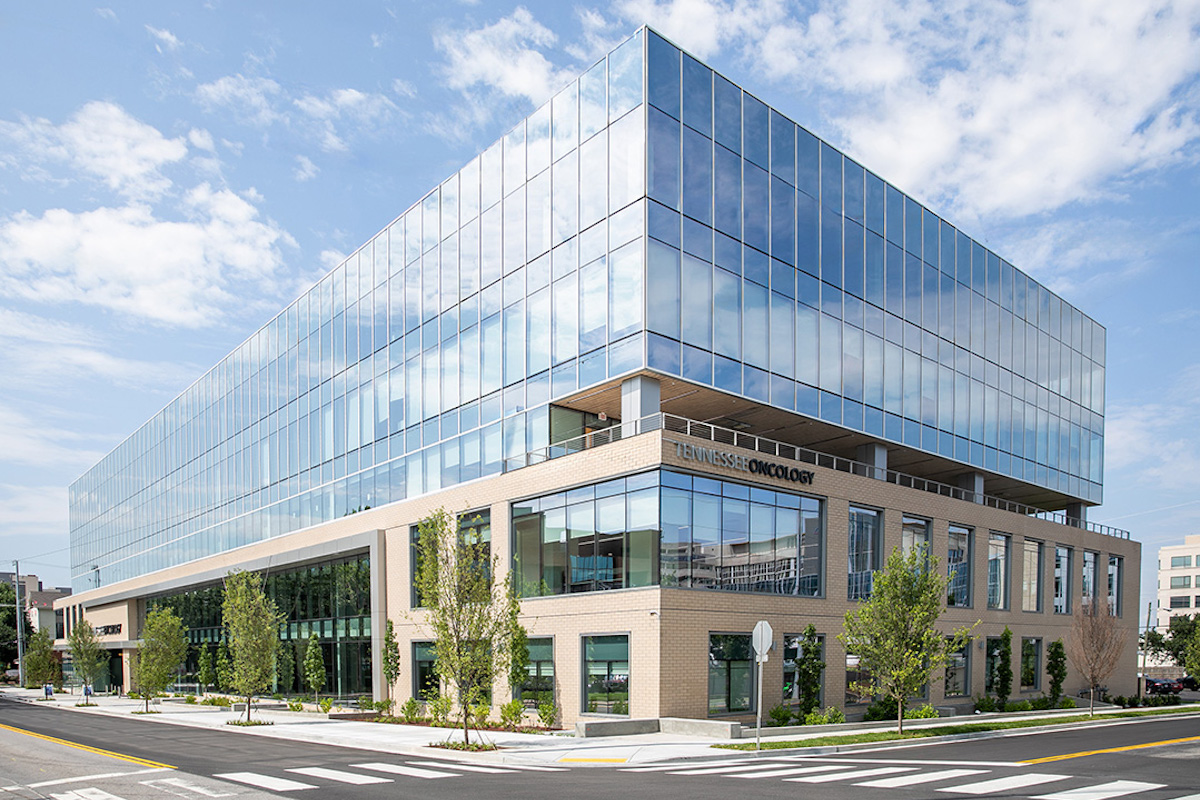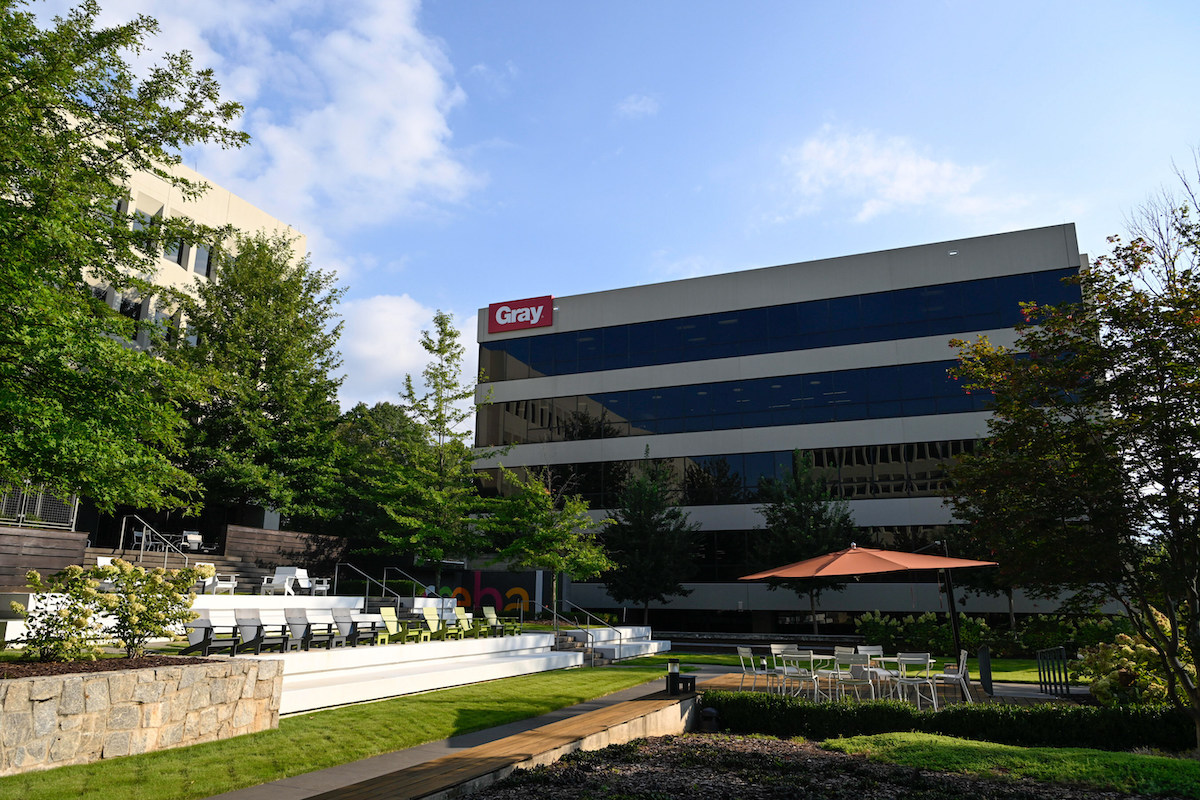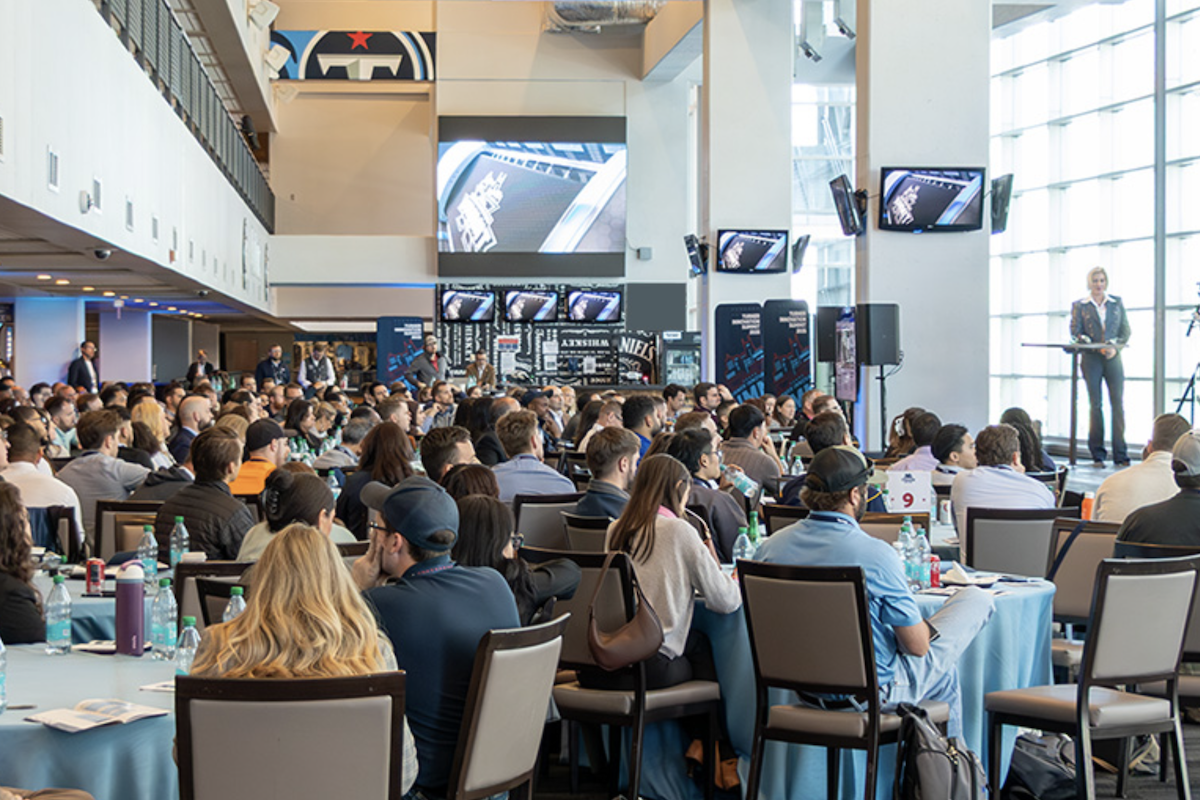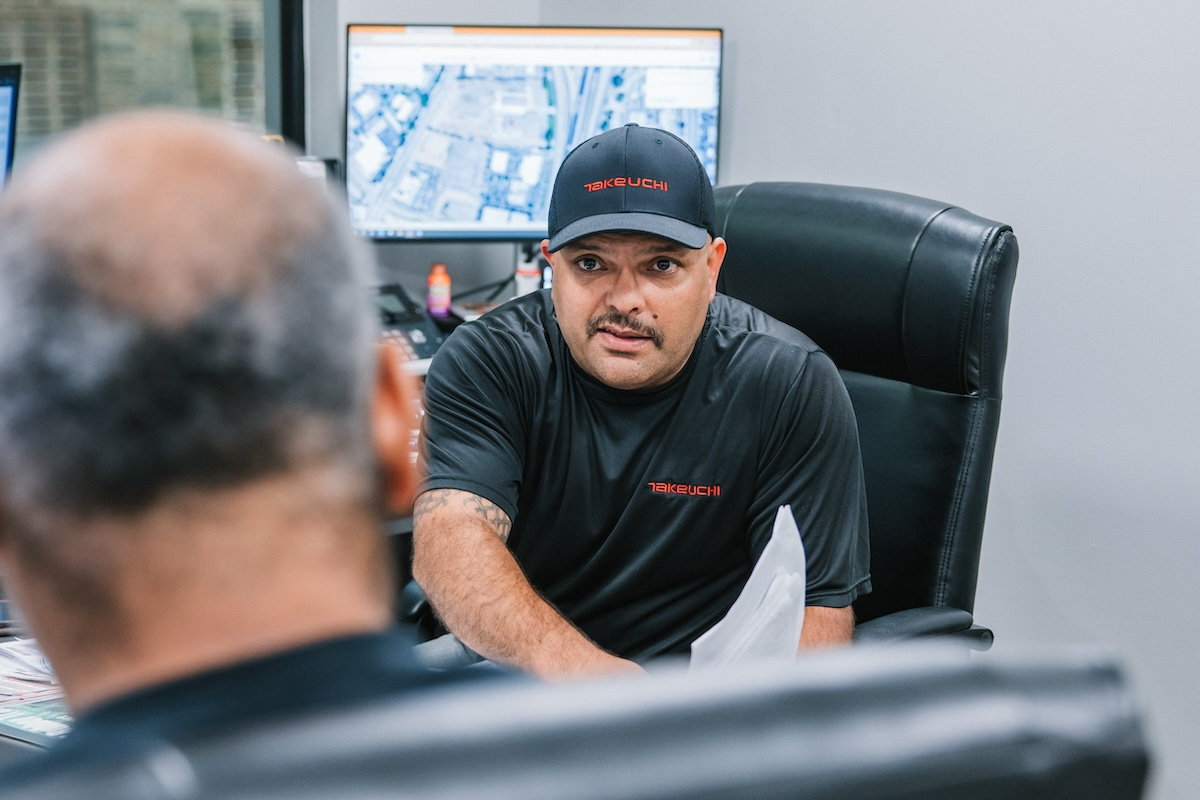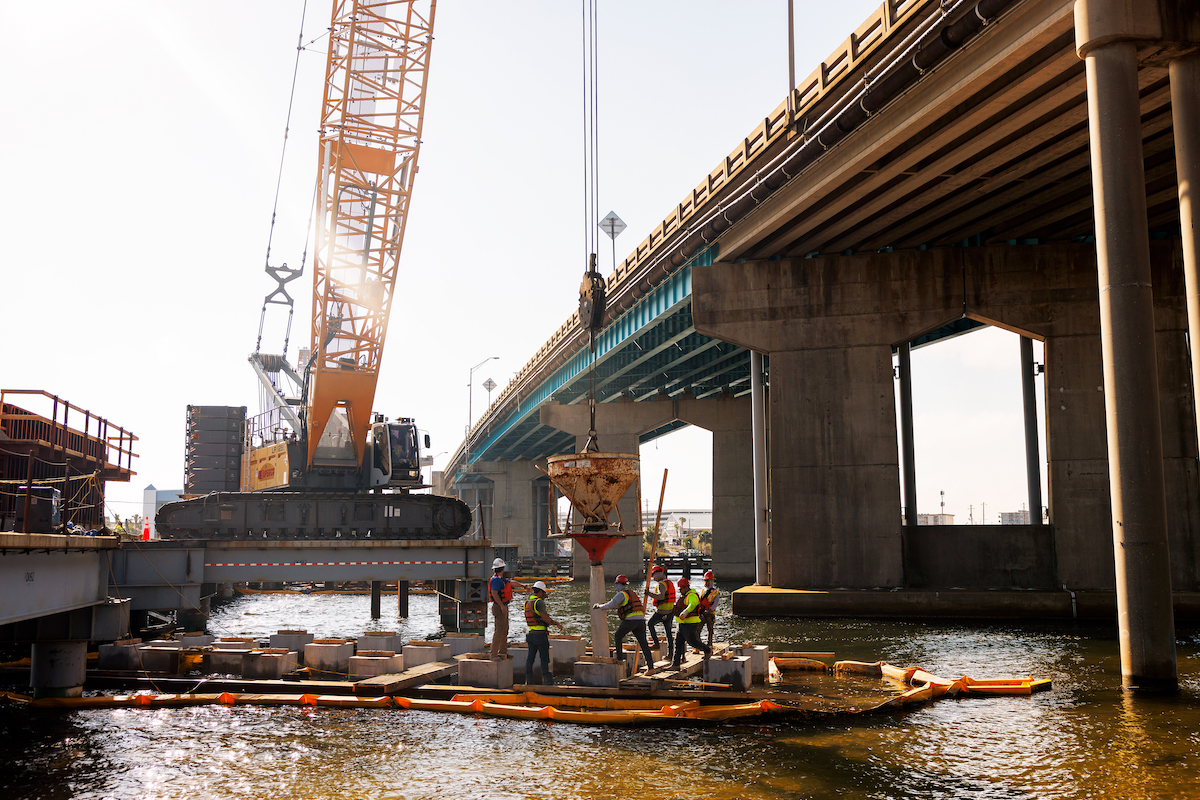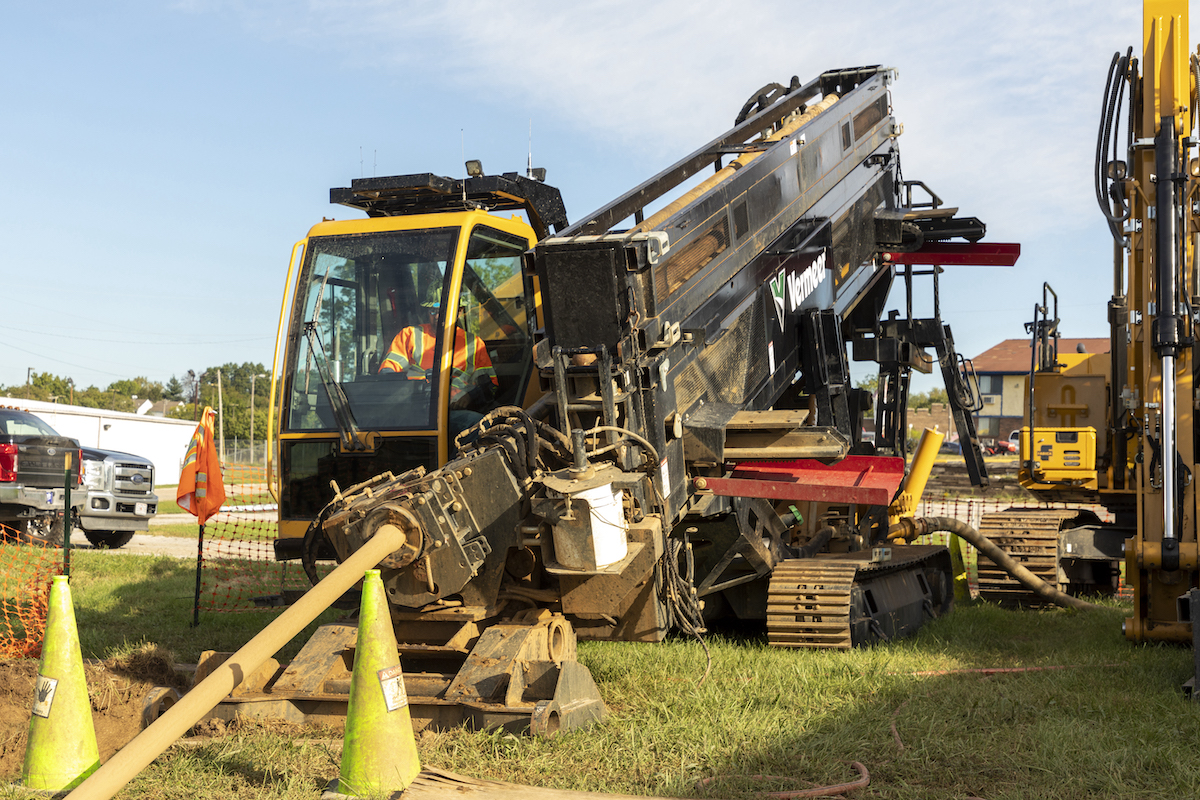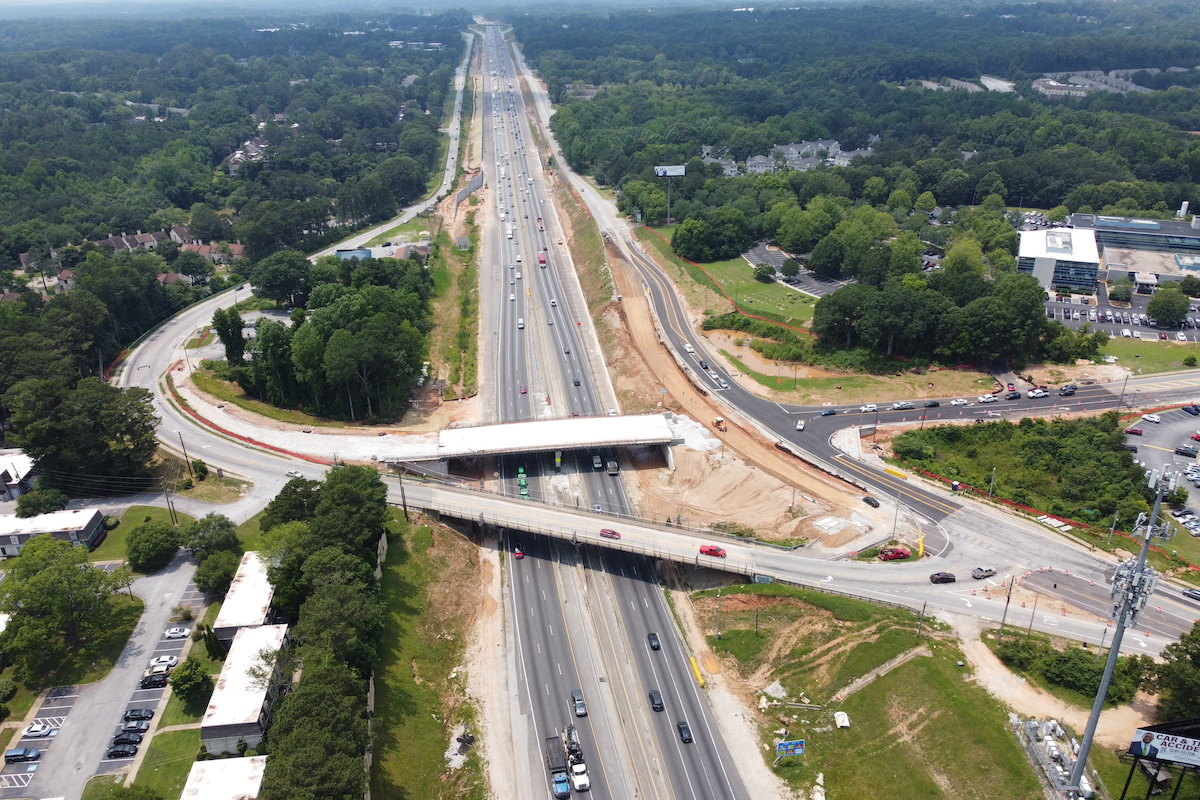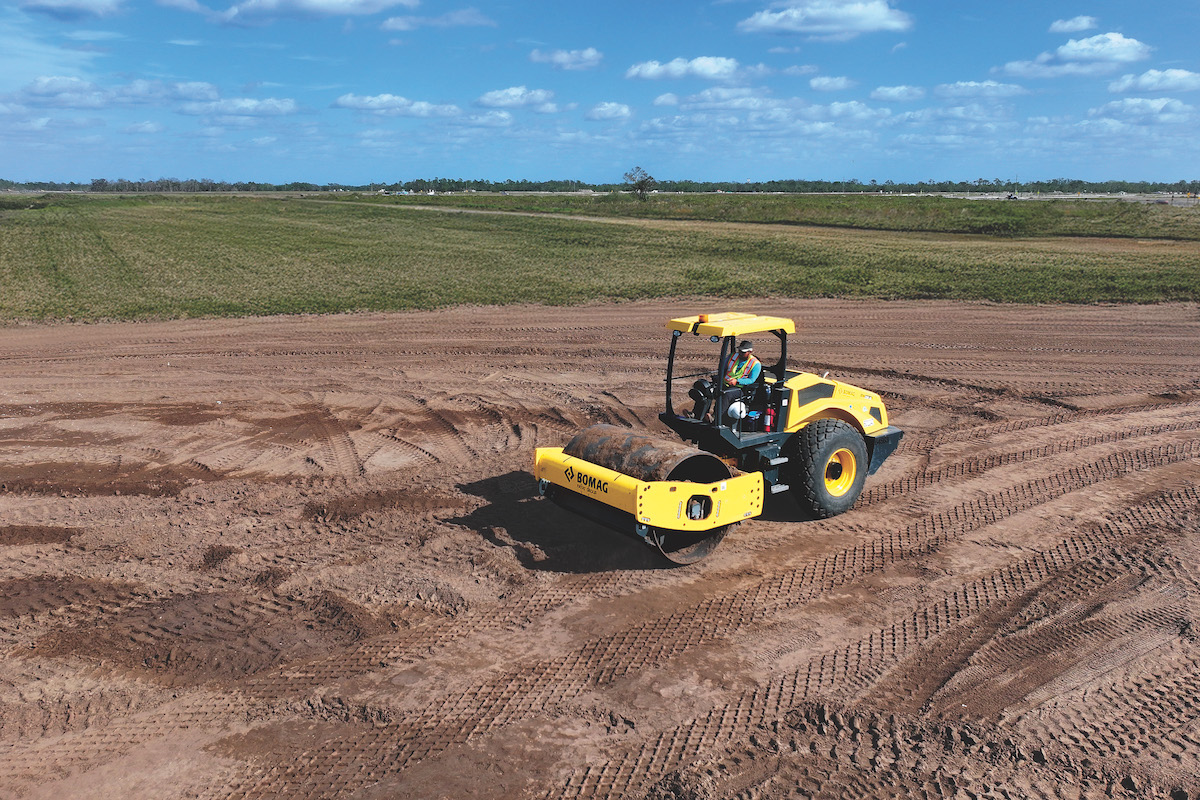Dubbed Project Enterprise, the Holliston undertaking was urgent due to spiking COVID-19 cases in the United States. Coull employed a design-build turnkey delivery model, combining all design and construction services into one contract with a single point of responsibility. The contract called for the retrofit of the existing COVID-19 Test Kit Manufacturing facility to boost its shipments from 200,000 kits per week to 2 million, playing a significant role in the ongoing battle with the virus.
Project Enterprise also simultaneously upgraded the building’s personnel capacity from 50 employees to 500.
Coull’s Senior Project Manager, Mark Sargent, headed up the 70,000-square-foot Design-Build Renovation, Addition, and Parking Expansion. Project Enterprise had an original guaranteed maximum price of $17 million, but was delivered at $16 million while incorporating a new parking expansion without a change order. The total construction duration was eight months, which includes the 100 days devoted to delivering the core of the project – two large dry-rooms. Coull selected a significant number of key ABC member subcontractors for the Web project including:
- Contractors Risk Management (CRM)
- Controlled Environment Structures (CES)
- DECCO
- Hampshire Fire Protection
- Interstate Electrical Services Corporation
- MP Masonry, Inc.
- Northstar Construction Service
- Pioneer Valley Concrete
- Sterling Concrete
- Tech Mechanical Systems, Inc.
- Tim's Fabricators, Inc
The heart of the project was the construction and commission of two large production and packaging dryrooms – low humidity spaces in which temperature and moisture levels are controlled together with filtered air and other variables. Dehumidification is critical to the manufacture and handling of a wide range of products, anything from lithium-ion batteries to medical supplies, such as COVID-19 test kits. One of the dryrooms contains two massive, concrete pad-mounted dehumidifiers, while several temporary dehumidifiers were on hand as backups if necessary.

| Your local Wirtgen America dealer |
|---|
| Beard Equipment Co - AL |
| Tractor & Equipment |
The dryrooms had to be designed, permitted, built, and commissioned within 100 days, a period ending November 15, 2021. Commissioning, alone, is a complicated process that can consume valuable time. In general, building commissioning is an integrated, systematic process to ensure that all building systems perform interactively according to the “Design Intent”. The commissioning process establishes and documents the often numerous “Owner's Project Requirements”. Criteria for system function, performance expectations, maintainability, verification, and document compliance apply throughout all phases of the project. And this includes design, manufacturing, installation, construction, startup, testing, and operations.
The Scope of Work for this contract was expansive yet it was packaged as a single project. Within the one project, however, they had to track 19 separate jobs, including the following:
- Two large production and packaging dryrooms
- A quality control lab expansion
- Multiple room and area renovations
- Numerous mechanical, electrical, plumbing, and fire protection upgrades
- Mezzanine office area
- Breakroom addition to accommodate hundreds of new employees
In addition, Coull worked directly with town officials, creating more than 20 different permits or subcontracting jobs. Each separate area of the building was inspected individually to be granted Certificates of Occupancy, in lieu of one permit, one final inspection, one certificate of occupancy and a delay of several months for new production areas.
With so much going on, Sargent called a meeting to ensure good communications among town officials, Web Industries and the Coull on-site team. The town assisted by expediting permitting and approvals. The dryrooms met specification and were fully commissioned on time to allow for the installation of Web’s critical automated assembly equipment, which was delivered and installed over a two-week period before test kit production could begin. Coull’s on-site team attended to almost constant cleaning, to abide by COVID-19 protocols as well as to make certain the test kits would not be contaminated prior to packaging.
The goal of Project Enterprise had been to increase production of COVID-19 test kits from 200,000 to 2 million per week, and therefore speed up distribution to the market. Mission accomplished.

| Your local Gomaco dealer |
|---|
| Ring Power Corporation |



















